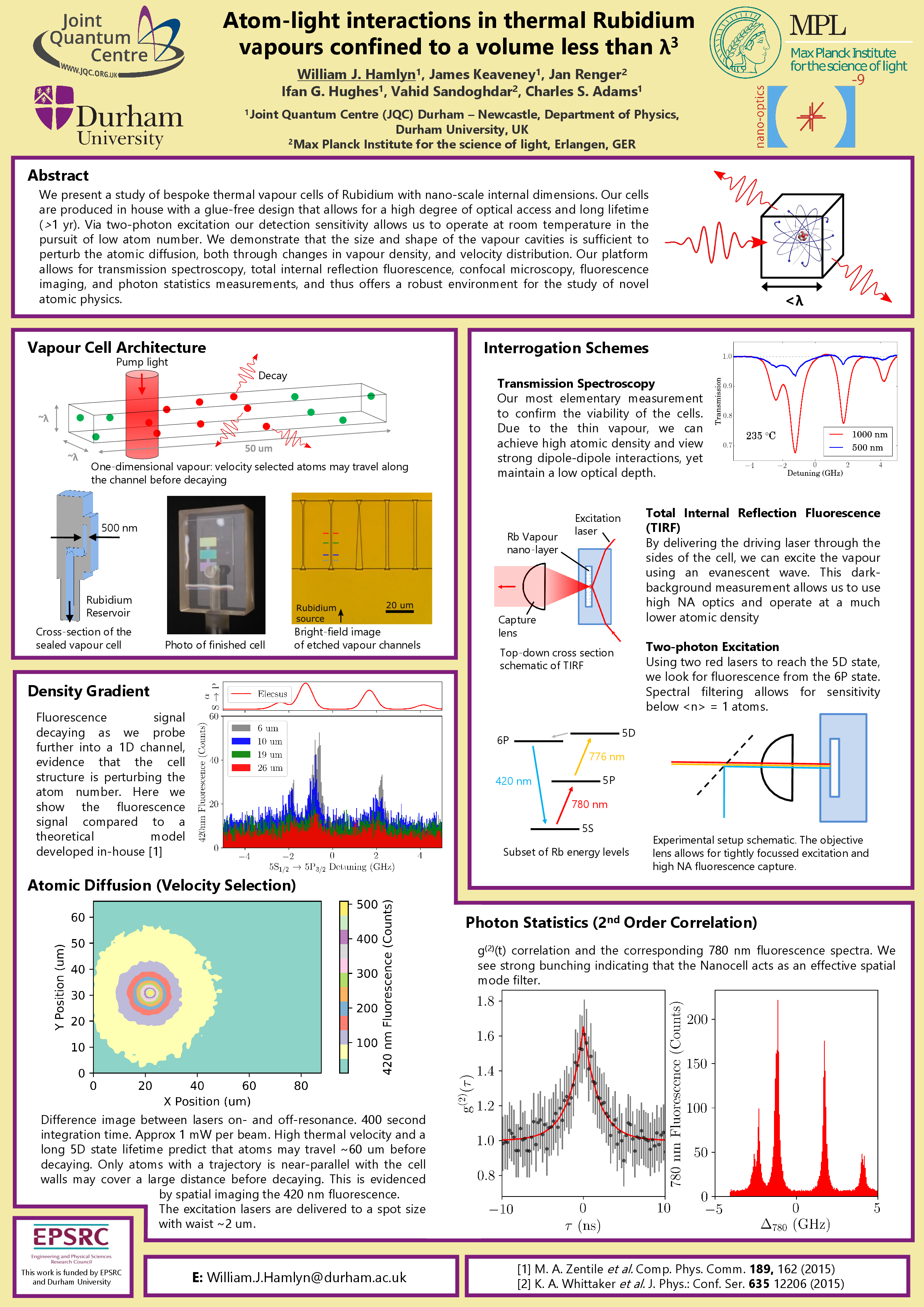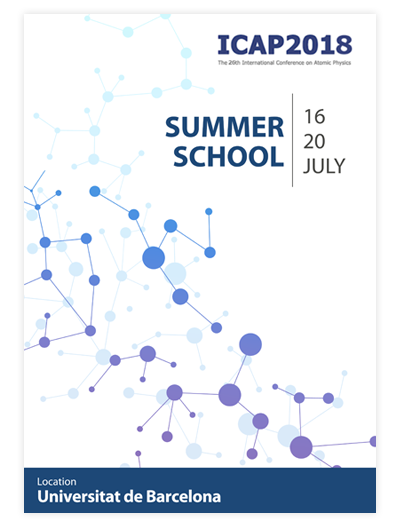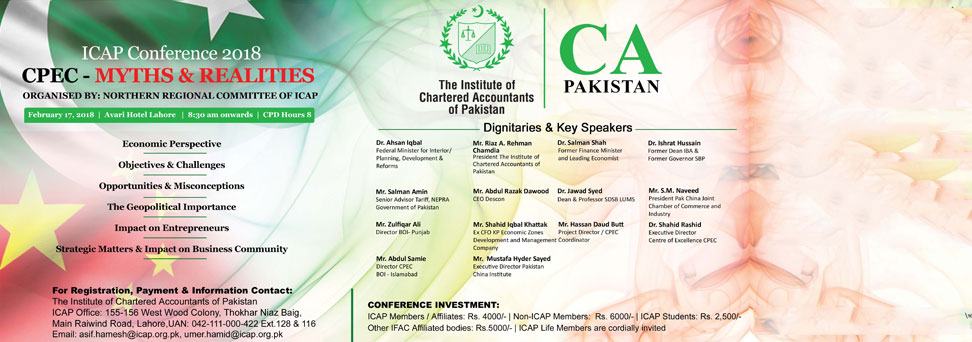


To aid in its implementation, the OECD released the new handbook for tax administrations and taxpayers potentially interested in participating to obtain further information on the program.Īs was the case with both ICAP pilots, the handbook reaffirms that an ICAP risk assessment does not provide an MNE group with legal certainty, as may be achieved, for example, through an advance pricing agreement (APA). Utilizing a group's Country-by-Country (CbC) reports, TP master file and local files, and other information provided by the MNE group, the aim of ICAP is to provide an efficient, effective, clear, and coordinated approach to achieving early tax certainty and assurance for MNEs. However, the revised handbook contains some modifications to the procedural and administrative elements of the ICAP program. The core focus areas remain, as reflected in ICAP 2.0, the assessment and assurance of transfer pricing (TP) risk, permanent establishment (PE) risk, and other categories of international tax risk (e.g., hybrid mismatch arrangements, withholding taxes, or treaty benefits) as agreed by the MNE group, the lead tax administration, and other covered tax administrations.
#Icap 2018 drivers#
In broad terms, the handbook released is very similar to ICAP 2.0, with no significant changes in scope nor in the six key drivers that underpinned both ICAP 1.0 and ICAP 2.0. The handbook released on 18 February 2021 was assembled based on the experience from these two pilots and from feedback provided by tax administrations and MNE groups. In ICAP 2.0, the second ICAP pilot program which commenced in March 2019, there were an additional 11 participating tax administrations: Austria, Belgium, Denmark, Finland, France, Germany, Ireland, Luxembourg, Norway, Poland, and Russia. ICAP is a voluntary risk assessment and assurance program designed to facilitate open and cooperative multilateral engagement between large multinational enterprise (MNE) groups that are willing to engage actively and transparently and tax administrations in jurisdictions where the MNE groups have business activities.ĭeveloped under the framework of the FTA Large Business and International Programme, the first ICAP pilot was launched in January 2018, with the participation of eight FTA member jurisdictions: Australia, Canada, Italy, Japan, the Netherlands, Spain, the United Kingdom, and the United States. This transition to a program with open membership follows the plenary session held by the FTA on 7 and 8 December 2020.
#Icap 2018 full#
According to an OECD media release, following two initial pilot programs, ICAP will now be run as a full program, open to all 53 FTA member tax administrations. On 18 February 2021, the Organisation for Economic Co-operation and Development (OECD) Forum on Tax Administration (FTA) released a new handbook for the International Compliance Assurance Programme (ICAP) (the handbook).

Theodor W.OECD Forum on Tax Administration releases new handbook for International Compliance Assurance Programme (ICAP).Wolfgang Ketterle, NP 2001, for the achievement of Bose-Einstein condensation in dilute gases of alkali atoms, and for early fundamental studies of the properties of the condensates.Phillips, NP 1997, For development of methods to cool and trap atoms with laser light



 0 kommentar(er)
0 kommentar(er)
